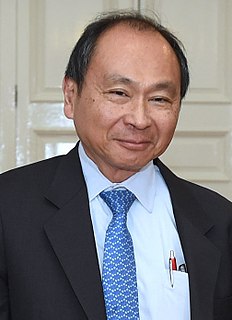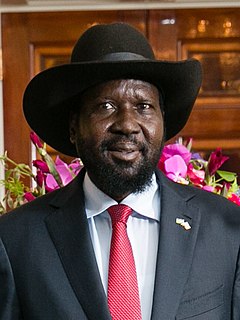A Quote by Ma Jun
Globalisation has powered economic growth in developing countries such as China. Global logistics, low domestic production costs, and strong consumer demand have let the country develop strong export-based manufacturing, making the country the workshop of the world.
Related Quotes
The economic borderlines of our world will not be drawn between countries, but around Economic Domains. Along the twin paths of globalization and decentralization, the economic pieces of the future are being assembled in a new way. Not what is produced by a country or in a country will be of importance, but the production within global Economic Domains, measured as Gross Domain Products. The global market demands a global sharing of talent. The consequence is Mass Customization of Talent and education as the number one economic priority for all countries
For equity markets, the combination of low interest rates, strong economic growth and low inflation has proved very beneficial, with global share markets rising solidly in each of the past three years. This has been underpinned by strong growth in profits so that, notwithstanding the rise in share prices, P/E ratios have been declining on average.
The United States presents a value system to the world that is based on democracy, based on economic freedom, based on individual rights for men and women, .. I think that is what makes us such a draw for nations around the world. People come to the United States to be educated, to become Americans. We are a country of countries and we touch every country, and every country in world touches us.
What Asia's postwar economic miracle demonstrates is that
capitalism is a path toward economic development that is potentially
available to all countries. No underdeveloped country in the
Third World is disadvantaged simply because it began the growth
process later than Europe, nor are the established industrial powers
capable of blocking the development of a latecomer, provided
that country plays by the rules of economic liberalism.
Even if we were to sign peace today, the economic conditions in our country would not improve automatically because it will take some time to reach the level of oil production before the war and the oil prices are likely to remain low for some time as the supply of oil in the world is high and demand is low.






































